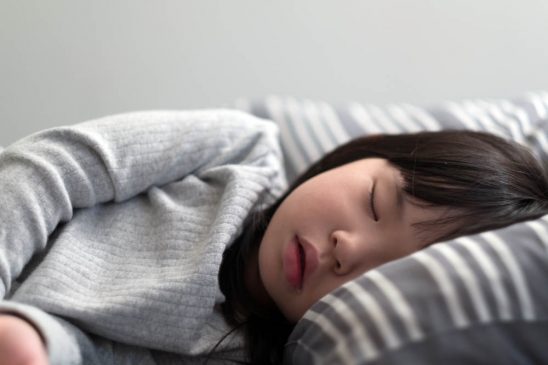If your family is similar to many others, your children may be going stir-crazy by now. Although the first few days off school may have filled them with joy, days, and weeks away from their friends during the coronavirus pandemic and a limit on the number of activities they can do may leave them feeling more like couch potatoes than ever. Now is the time to inspire your children to get up and find activities that they love. Not only is exercise good for physical health, but also it can significantly improve your children’s mental health during this stressful time.
Improve Strength and Physical Fitness
All kids need stronger bones and muscles. This will help them maintain lean, healthy bodies and will put them on the path to good habits early in life. They will also increase in endurance and be able to run farther and play longer.
Improve Heart and Lung Health
Children who exercise can lower their blood pressure just as adults do. They will also improve their lung capacity.
Improve Sleep
Children who exercise often feel more relaxed. They may be able to get to sleep faster, sleep longer, and have better sleep quality.
Improve Mood
The hormones released during exercise help decrease stress hormones while improving the feel-good hormones that lead to an improved mood.
Boost Confidence
Kids who are more physically fit feel good about themselves because of what they can do. They may have better self-image and be proud of their flexibility, strength, and endurance. This confidence may even translate into improved body image, better test scores, and improved social habits.




